Trucking Regulations that Keep Motor Vehicle Drivers Safe
Trucking companies and drivers must follow strict federal regulations designed to keep motorists safe. These regulations include:
- Hours of Service (HOS) regulations: HOS regulations limit drivers' work hours per day and week, including mandatory rest periods.
- Vehicle maintenance and inspection requirements: Trucks must undergo regular inspections and maintenance to ensure they operate safely.
- Weight restrictions: Trucks must adhere to weight limits set by the Federal Motor Carrier Safety Administration (FMCSA) to prevent overloading.
- Driver qualifications: Drivers must meet specific qualifications and undergo training to obtain a commercial driver's license (CDL).
What Happens if Someone Breaks a Regulation?
If a trucking company or driver violates a federal regulation, they can be held liable for any resulting accidents and injuries. This can include fines, penalties, and legal action.
Determining Truck Accident Liability
Determining liability in a truck accident can be complex and often requires a thorough investigation. Liability may rest with one or more parties, including the driver, trucking company, truck manufacturer, or parts manufacturer.
Third-Party Liability
Sometimes, a third party may be liable for a truck accident. For example, the manufacturer may be held responsible if a defective part caused an accident. Similarly, if poor road conditions caused the accident, the entity responsible for maintaining the road may be liable.
Multi-Party Liability
In many cases, liability for a truck accident may be shared by multiple parties. For example, the driver may be partially at fault for speeding, but the trucking company may be at fault for failing to maintain the vehicle properly. An experienced truck accident lawyer can help determine who is liable and seek compensation from all responsible parties.
How Much is My Case Worth?
The value of a truck accident case depends on various factors, including the severity of the injuries, the cost of medical treatment, the extent of property damage, and the impact on the victim's life. An experienced Lakeland truck accident lawyer can evaluate your case and determine a fair settlement amount.
What Types of Damages Can I Recover?
If you are the victim of a truck accident in Lakeland, Florida, you could be able to recover your accident-related losses, known as damages. Examples include the following:
Medical expenses
These include all past and future medical expenses related to your injuries, including hospital bills, surgeries, medication, and rehabilitation.
Lost wages
If you are unable to work due to your injuries, you may be entitled to compensation for lost wages.
Pain and suffering
This includes compensation for physical and emotional pain and suffering, as well as loss of enjoyment of life.
Property damage
If your vehicle or other property was damaged in the accident, you may be entitled to compensation for the cost of repairs or replacement.
Wrongful death
If a loved one was killed in a truck accident, you may be entitled to compensation for funeral and burial expenses and loss of income and companionship.
Do I Need to Hire a Truck Accident Lawyer?
While it is not required to hire a truck accident lawyer, it is highly recommended. Truck accident cases can be complex, and insurance companies and trucking companies will have their lawyers working to minimize liability. An experienced Lakeland truck accident lawyer can help protect your rights and ensure you receive the compensation you deserve.
A truck accident lawyer can provide a range of services, including:
- Conducting a thorough investigation: A lawyer can investigate the accident to determine liability and gather evidence to support your case.
- Negotiating with insurance companies: Your attorney can negotiate with the insurance company to ensure you receive a fair settlement.
- Representing you in court: If your case goes to court, a lawyer can represent you and advocate for your rights.
- Providing legal advice: A lawyer can provide legal advice throughout the process, helping you make informed decisions about your case.


.avif)



















